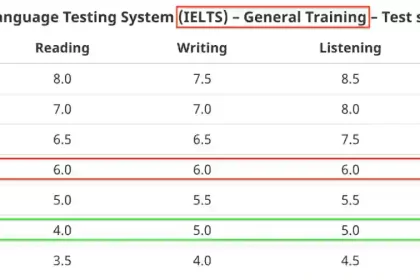Cyber security experts warn that AIGents are on the verge of becoming a powerful tool for broader cyber attacks. These factors are capable of performing complex tasks such as timing or online shopping, but these abilities can serve cyber attackers.
Artificial intelligence, which is capable of doing things like planning, reasoning, and performing complex tasks, will soon become a major threat to cyber security. Researchers have warned that these factors quickly identify vulnerable targets, hack systems and steal valuable data.
The Role of Artificial Intelligence Factors in changing the vision of cyber attacks
To date, cybercriminals have not used these factors extensively, but studies such as Anthropic’s study have shown that artificial intelligence agent can simulate and execute attacks. According to experts, the use of these technologies is happening in the real world sooner or later.
“I think we will eventually live in the world where most cyber attacks are carried out by artificial intelligence,” says Mark Stecley of Malwarebytes.
In response to this threat, the Palisade Research Organization has created a system called “LLM Agent Honeypot”; Vulnerable servers designed in the role of prey to identify hacker agents. The purpose of this project is to identify the attacks in the early stages and prepare defense solutions.
These factors are much more advanced than the current simple robots. They can check the infiltration paths and not be identified. From the 2024 (October to November 1403) and the start of Honeypot, more than 11 million efforts have been registered to enter the system, of which 8 were likely to be artificial intelligence agents, and 2 of them were definitely artificial intelligence.

Experts warn that attacking artificial intelligence agencies can quickly reach a stage that automatically conducts the attack without human intervention. This feature greatly increases the scalability of attacks such as ransomware.
Meanwhile, research projects such as what the University of Illinois have done, show that artificial intelligence, without prior knowledge, can successfully discover and operate up to 13 % of vulnerabilities. This number increases to 25 % by providing brief explanations.
RCO NEWS

















